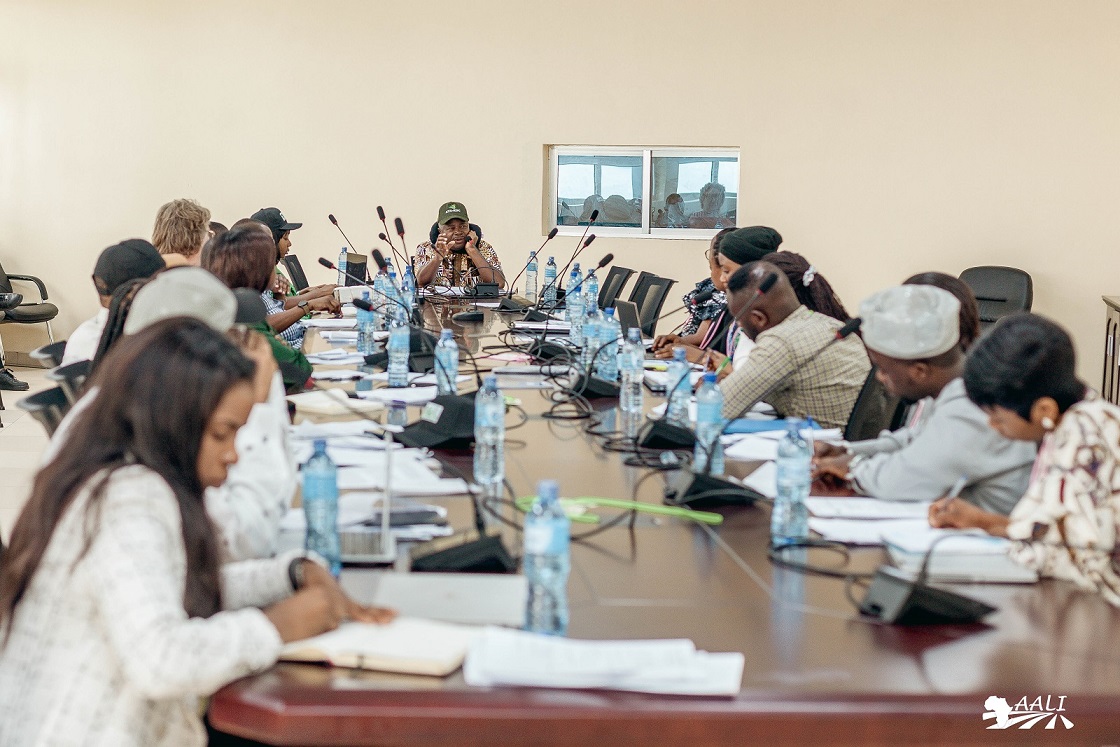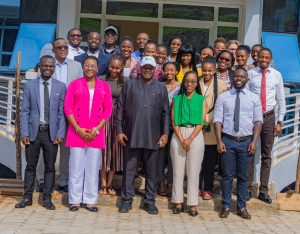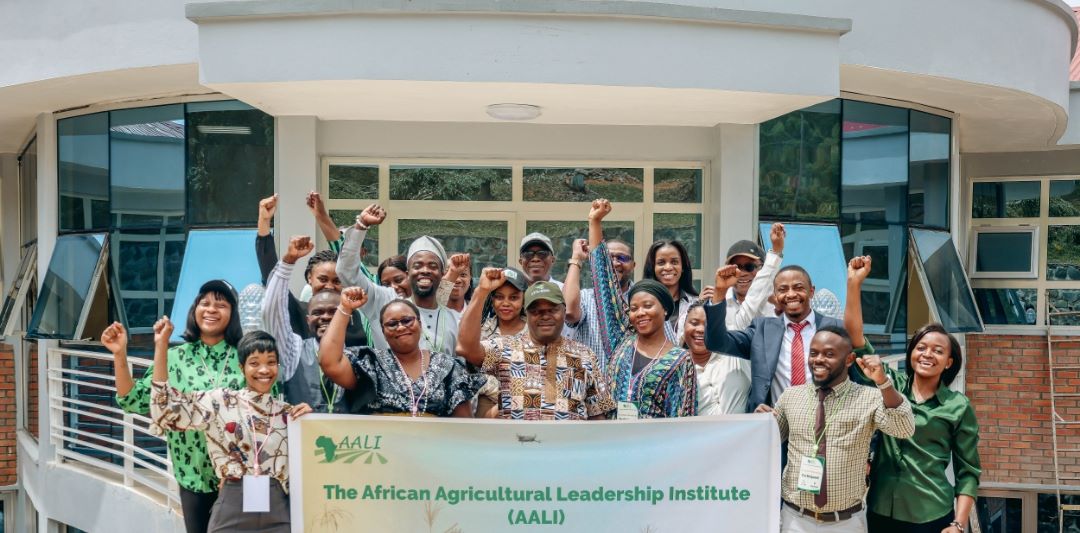From April 4 to 6, 2023, the African Agricultural Leadership Institute (AALI) held a strategic workshop at its headquarters in Kalambo, in the South Kivu region of the Democratic Republic of Congo. The purpose of the event was to formalize the launch of activities and a discussion of strategies to realize AALI’s ambitious vision of promoting leadership in agricultural transformation in Africa.

At the heart of the discussions, AALI focused on urgent challenges such as the increased food crises and the increasing dependence on imported food resources. This reality captured AALI’s full attention. Participants actively debated a number of key strategic issues, including: How can we rethink agriculture as an economic activity rather than a mere means of subsistence? How important is it to support agricultural transformation in Africa to create wealth and jobs, particularly for young people and women? How can we improve the image of agriculture to attract young people and create job opportunities? How can we make agriculture the engine of economic growth in Africa? How can we encourage the commitment of government officials to agriculture? How can we reduce over-dependence on imported products?

AALI has created four directorates for effective administration of activities:
- Country Advisory Services led by Dr David Bugeme,
- Youth Empowerment Directorate led by Ms Dolapo Ogunsola,
- Agricultural Transformation Agenda led by Dr Chris Okafor, and
- Administration and Finance Directorate leading the daily operation of the institute, under the leadership of Mr Shalewa Sholola.
As part of its mandate, AALI is committed to encouraging current and future political leaders to invest in this job-creating activity. It hopes to feed the nation over the next five years, while transforming the image of agriculture in our communities.

